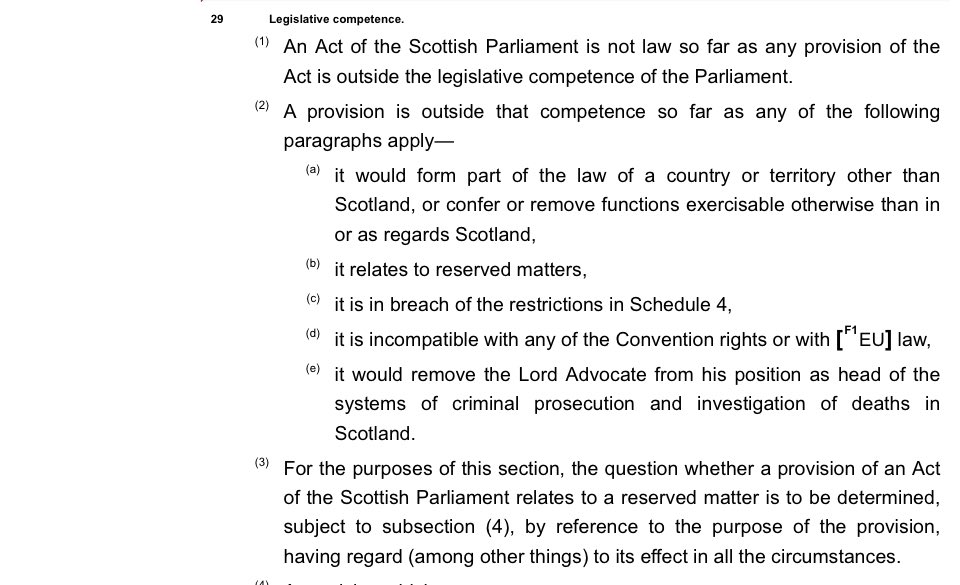
The U.K. is already pretty “liberal” in most sectors, so “including” really means “mostly in”. And “moving away from the EU” in that area means (a) more difficult to resolve NI Protocol issues/smoothing exports to EU and (b) political problems (food and welfare standards).
https://twitter.com/shankerasingham/status/1393934381773959176
By all means advocate such agreements. But ignoring the fact that FTAs of this kind (if they do anything much at all) involve difficult policy choices and generate significant losers as well as winners is part of what has given free trade a bad name in many quarters.
• • •
Missing some Tweet in this thread? You can try to
force a refresh







